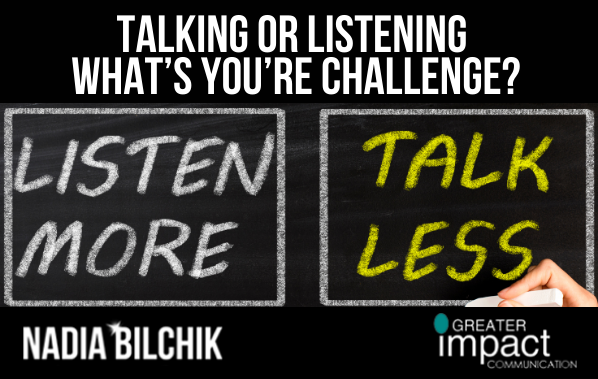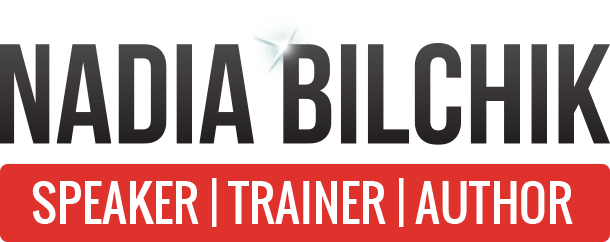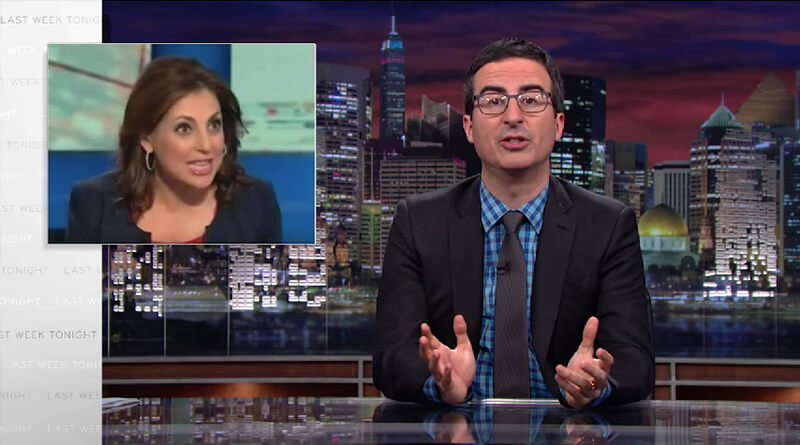
I have been delivering keynotes and workshops on communication skills mastery for over 30 years, and I have never come across an audience member or participant who didn’t see the benefits of being a more skilled communicator.
The first step on the road to becoming a skilled communicator is to become more aware of your specific communication style. According to Mike Bechtle, the author of Confident Conversation, all of us fit into one of two broad categories:
-Those who have trouble talking, and
-Those who have trouble listening
While I have met many individuals who are skilled at both talking and listening, if you happen to be one of those individuals who sabotages themselves by being extreme in either category, I am writing this for you.
As an extrovert who has no trouble talking, I have to be very conscious about working on becoming a mindful, active listener. I am a naturally curious person, so it’s not that I’m not interested in what others have to say; rather, I am prone to jumping ahead and formulating my response.
With this awareness, I have learned to work very hard at letting people finish their sentences, ask qualifying questions and listen to understand rather than to respond. Indeed, in my classes I emphasize the importance of listening. In one communication exercise, a participant is tasked with sharing an anecdote describing the biggest challenge they have faced. The listener then has to ask questions to gain further understanding, but not interject with a “me” statement.
Mike Bechtle describes himself as the very opposite. He says he was one of those people who walked out of a meeting chastising himself for not speaking up, and wished he could initiate a conversation.
Note I said he “was” one. He understood that the trouble he had speaking up was sabotaging him, and he took conscious steps to gain the mindset and skills to overcome his discomfort.
So, if you are reading this, and can relate to either scenario, the next step is to be deliberate in how you communicate going forward. The positive thing is that each and every one of us can be a more skilled communicator. Our brains have sufficient plasticity to develop the mindset and skills to alter our responses and learn both conversational and listening skills.
Find out more of what ‘s challenging you – talking or listening. Read more articles that will help you improve your communication skills. Check these out:
Are You Communicating with MORE HASTE AND LESS SPEED?
Are you Checking In with Yourself?
The Greater Impact of Truly Listening



